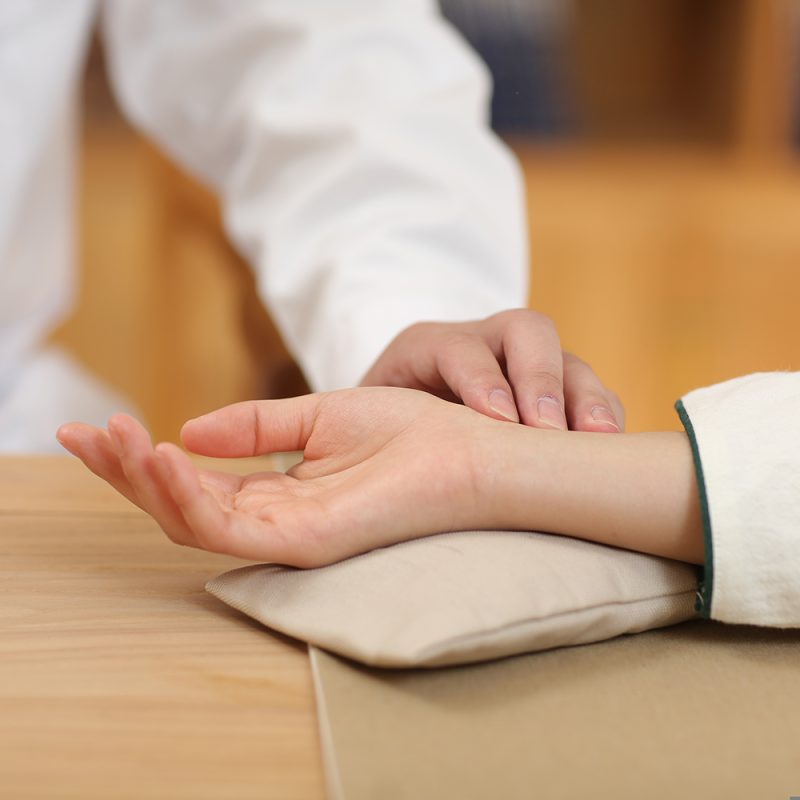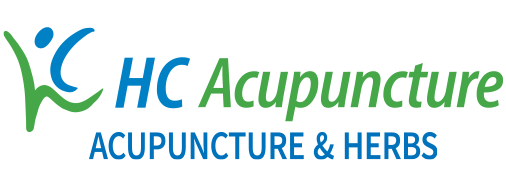FAQ
ABOUT ORIENTAL MEDICINE

“Click on the content to view the answer.”
What is Acupuncture?
Acupuncture is a Primary health care modality that has flourished in China for at least 2,500 years and is used widely throughout Asia and Europe. It is considered as one of the newest primary health care provisions in this country. Acupuncture has grown as both western and oriental physicians, medical researchers, and the public experience it, integrate it in their health care, and spread its benefits.
Far more than a technique of inserting tiny threadlike needles along meridian lines of the body, acupuncture’s complex system of diagnostic corollaries take into consideration the person as a whole, not just isolated symptoms. Acupuncture is practiced based on discerning the “pattern of disharmony” and treating accordingly. Modern acupuncture utilizes other modalities as well, such as herbal medicine and moxibustion, exercise and nutrition.
Acupuncture treats to strengthen the physical condition, prevent disease, control pain, and achieve longevity. The aim as practiced in oriental medicine in general is not necessarily to eliminate or alleviate symptoms. The objective, rather, is to increase both the ability to function and the quality of life.
How does Acupuncture work?
Acupuncture is a therapy which uses natural laws and energetics with the application of needles and pressure to specific points on the body. These points are grouped along specific pathways or meridians that cross the body. As long as the energy flows freely through these pathways, health is maintained. When the flow of energy is blocked for any reason, there is disruption of health, resulting in pain and illness. By stimulating appropriate acupuncture points along these meridians, the energy is released and regulated, and health is restored.
Studies indicate that acupuncture influences the central nervous system. Evidence shows it is particularly effective in pain control. Among a host of factors, acupuncture affects sugar, cholesterol, and triglyceride levels in the blood, the functioning of the gastrointestinal system and the activity of the endocrine system. Acupuncture works with the body, harmonizing and balancing energy. It improves circulation, releases endorphins to control pain, and allows the body to heal itself more quickly and more completely.

What should you expect during treatment?
Most patients find the treatment very relaxing, which brings on a feeling of well-being. Most are surprised at how comfortable they are during treatment and how easily the needles are placed. Some people even go to sleep during treatment. A patient may feel a slight sensation upon entry and then pressure or a “dull” or “surging” reaction when the needle reaches the “chi” or correct point.
Rest assured, the needles are far different from the hypodermic needles given in injections.
The tiny thin needles are specifically designed to be virtually painless.
Is Acupuncture safe?
One of the great advantages of acupuncture is the absence of serious side effects. Needles generally cause no bleeding on entry or removal, and only the one time disposable types are used. There is minimal risk of organ or blood vessel penetration.
Acupuncture Treatments
The number of treatments will depend on your condition and could vary from two to twelve sessions, depending on whether your symptoms are chronic or acute and on your general physical vitality.
Acupuncture treatment may also include a variety of non-needle techniq_ues, such as heat treatment (called moxibustionJ, acupressure and nutritional supplements. Oriental herbal prescriptions providing essential nutrients, with tremendous healing and rebuilding potential, may also be prescribed.
We have a health maintenance program. Regular “tune-ups” prevent and promote health, and add to the longevity as well as the vitality of the body.
Acupuncture is safe and Virtually free from side effects.
Call us at 1-914-949-1028
